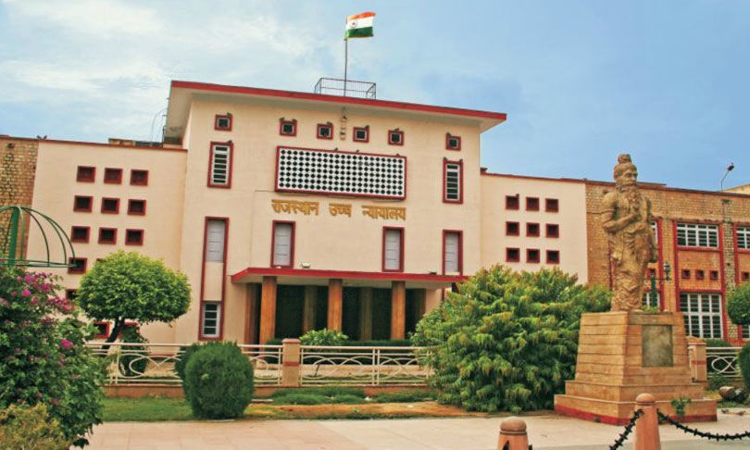Rajasthan High Court Refuses To Grant Priority of Government Dues Over Debts Due To Secured Creditors
Mariya Paliwala
17 May 2022 8:45 PM IST

Next Story
17 May 2022 8:45 PM IST
The Rajasthan High Court bench of Justice Ashok Kumar Gaur has refused to grant the priority of the government dues over the debts due to secured creditors.The petitioner/department has pleaded that the company M/s. Punsumi India Ltd. is under liquidation and the Officer Liquidator (OL) had invited claims with regard to outstanding dues against the company. The department had sent its...
